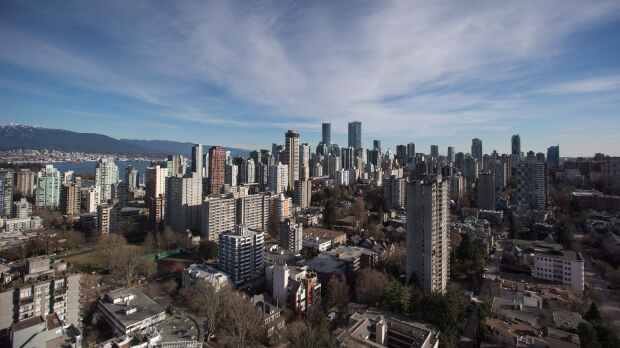VANCOUVER – Rental costs have plunged and landlords are confronting stiffer rivalry for inhabitants in Canada’s two hottest housing markets in the aftermath of the COVID-19 pandemic.
It appears as though a renter’s market in Toronto and Vancouver without precedent for years, yet the B.C. Non-Profit Housing Association cautions that doesn’t mean housing is getting more moderate.
It’s checking the job of benefits assets and real estate investment trusts, or REITs, which will in general spike lease increments so as to return an incentive to shareholders, said policy manager Brian Clifford.
The non-profit association is advocating for a provincial fund to help its members acquire rental buildings when they come up for sale in order to keep the units affordable.
For now, some landlords are offering incentives, hoping to fill their units as fewer international students seek housing this fall, said Michael Ferreira, managing principal at Urban Analytics.
In the newer, purpose-built rental buildings the real estate advisory company tracks across British Columbia’s Lower Mainland, incentives could include discounted rents, waived security deposits, and free parking, storage or utilities for the first year of tenancy.
And in Toronto, home broker and landlord Davelle Morrison said short-term rentals, such as Airbnb units, are entering the long-term mix as the pandemic continues to restrict and deter travel.

“We’re finding that (rental units) are sitting on the market a lot longer and my clients are having to bring their rental prices down in order to generate any interest for their particular condo,” said Morrison, adding she recently listed a unit she owns for the same price she set two years ago.
The latest numbers from the listing service PadMapper show the cost to rent in Toronto and Vancouver continued to decline in the last month, while smaller, neighbouring cities saw increases.
The company pegged the median cost of a one-bedroom apartment in Toronto at $2,100, down 8.7 per cent from last August, while the cost in Vancouver was down 6.4 per cent to $2,060.
The costs to rent a two-bedroom unit were also down, according to PadMapper’s latest rent report that used around 10,200 listings in Toronto and 1,400 in Vancouver to estimate the median prices.
A survey of 400 renters by the Vancouver Tenants Union that included people from across B.C. found 32 per cent of respondents believed they were at risk of falling into debt once that government supports end and a quarter said they’re borrowing from friends or family to pay rent.
“A dip of 50 bucks or something in rent is not really compensating for what we need in income growth to make rent affordable,” said Clifford.
The most comprehensive look at how much people are spending on rent relative to their income is data from the 2016 census, he said, since it captures both purpose-built rentals and also secondary stock like condos, basement suites and houses that are rented out.
The census found 44 per cent of renters in Vancouver and 47 per cent of renters in Toronto spent more than 30 per cent of their household income on rent and utilities, while 23 per cent of renters in both cities spent more than half.
Photo credit: THE CANADIAN PRESS/Darryl Dyck
News source: The Canadian Press











